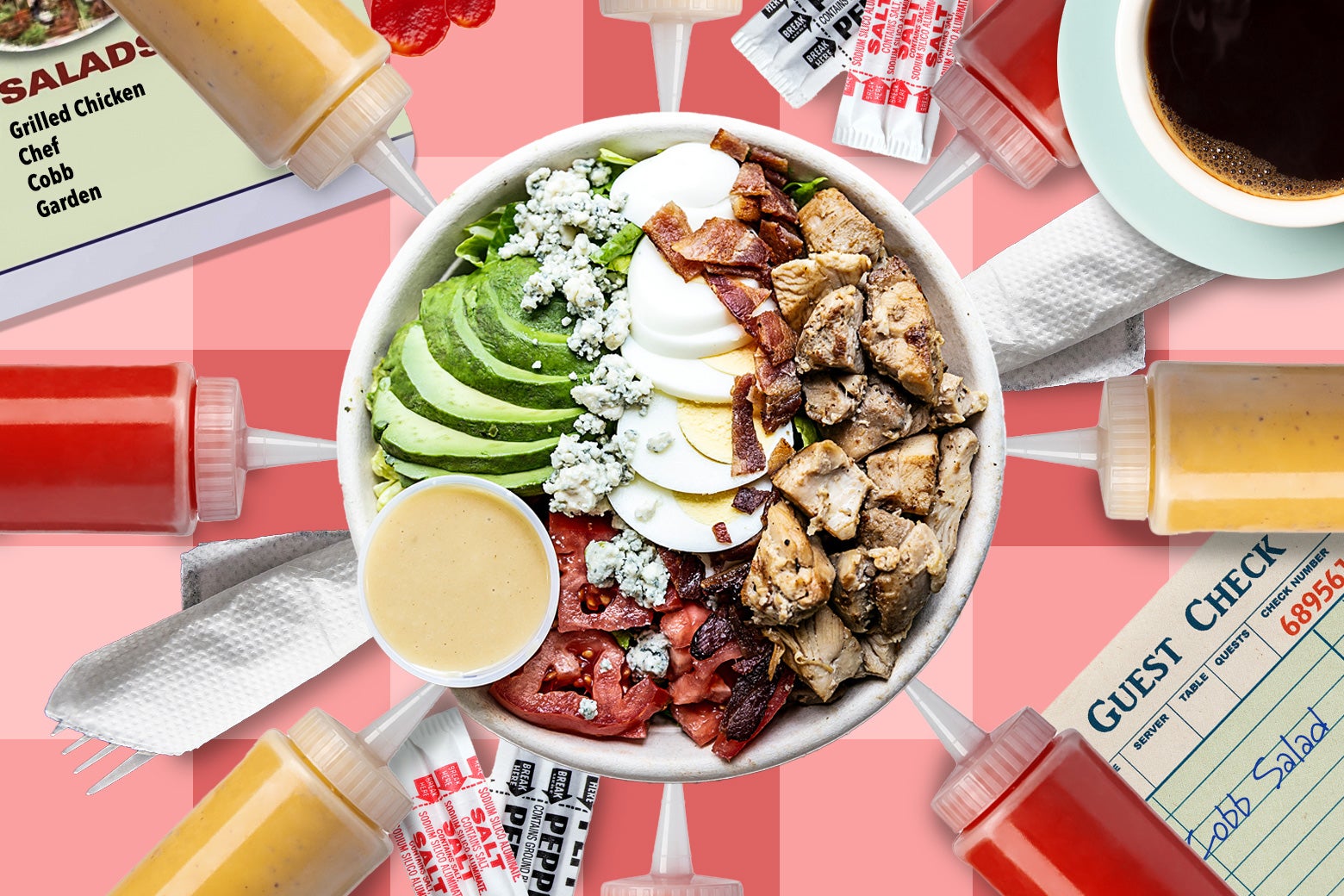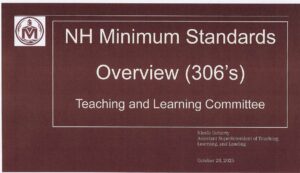Unemployment Crisis Hits Home: Emotional Struggles Over Dinner

BREAKING: A poignant reflection on America’s mounting unemployment crisis unfolds over a dinner table at Crystal’s Casual Dining. As the nation grapples with economic uncertainty, one individual shares their deep emotional struggles associated with prolonged joblessness and its impact on family dynamics.
The narrative centers on a Cobb salad—a dish that symbolizes both status and nostalgia—served in a diner devoid of the Hollywood glamour it once represented. The protagonist, reflecting on their early career optimism, now faces the harsh reality of dwindling finances and mounting pressure from family expectations. This story encapsulates the profound sense of loss felt by many as they navigate the complexities of unemployment in today’s economy.
The article dives into the history of the Cobb salad, tracing its origins back to the 1930s at the iconic Hollywood Brown Derby, where it became a culinary staple among the elite, including Grace Kelly. Yet today, the protagonist finds themselves in a diner where the dish has transformed into a mere shadow of its former self—a reflection of their own life.
With a menu that reads like an obituary, they grapple with the decision to order the “Cobb” salad, which features fried chicken and cheddar cheese, instead of the traditional blue cheese and avocado. At $2 for an upcharge, every dollar counts, highlighting the financial strain many are experiencing amidst a growing economic crisis.
As the protagonist shares their story, they reveal the emotional turmoil of relying on their mother for financial support, a situation that underscores a larger societal issue affecting countless families. The unspoken tension at the dinner table becomes a microcosm of broader struggles faced by individuals who find themselves under financial duress.
The emotional impact intensifies as the protagonist navigates feelings of shame and helplessness, reflecting on their past confidence and current situation. They recount how, after being laid off, they initially felt secure but soon realized the harsh reality of an empty checking account and dwindling savings.
Through vivid storytelling, the article illustrates the lengths they went to maintain appearances—cutting costs wherever possible, from reducing meal sizes to forgoing luxuries like a gym membership. The struggle to balance pride and necessity resonates deeply, making this narrative relatable to anyone facing similar challenges.
The protagonist’s journey also reveals a sense of resilience. As they begin to sell personal belongings to cover bills, they find solace in acts of giving, transforming their situation from one of despair to a renewed sense of purpose. As the holiday season approaches, they attempt to convey gratitude to their mother through a simple ornament, symbolizing hope and love amid hardship.
As the waitress returns to take their order, the urgency of the moment encapsulates the overarching theme of survival and adaptation in the face of adversity. The protagonist’s decision to order the Cobb salad represents a small concession to their current reality, but it also signifies a fight to reclaim a sense of normalcy.
This compelling narrative not only highlights the personal impact of unemployment but also serves as a broader commentary on the state of the economy and the emotional toll it takes on individuals and families. It urges readers to engage with the struggles many face and consider the societal implications of ongoing economic challenges.
As the story resonates across social media platforms, it invites discussions about the importance of community support and understanding during times of financial strain. The urgency of this message is clear: as America navigates economic recovery, the emotional well-being of its citizens must remain a priority.





